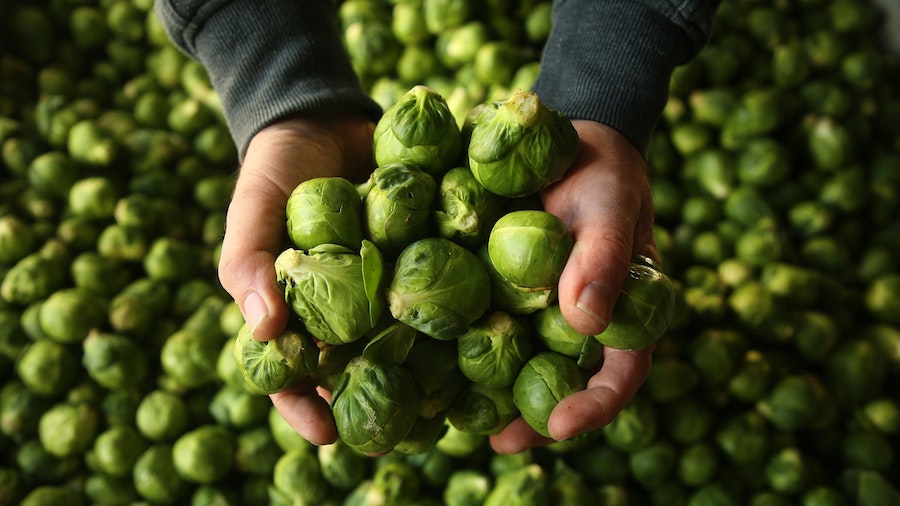Daily serving of leafy greens could help prevent dementia
Eating plenty of leafy green vegetables every day could ward off dementia in later life, new research suggests.
A serving equalled about 100g of cooked spinach, kale or collard greens such as cabbage or sprouts, or about 200g of lettuce salad.
A study of elderly people found those who ate around one serving of leafy greens each day had brains that were the equivalent of 11 years younger than those who never or rarely ate the vegetables.
A serving equalled about 100g of cooked spinach, kale or collard greens such as cabbage or sprouts, or about 200g of lettuce salad.
Those who performed the best in memory and intelligence tests ate an average of about 1.3 servings per day.
Eating a serving of leafy green vegetables every day may help preserve memory and thinking skills as we age, according to a study by researchers at Rush https://t.co/SW3VvrnJ5k pic.twitter.com/pdbbKn06qC
— Rush University Medical Center (@RushMedical) December 20, 2017
Dr Martha Morris, of Rush University Medical Centre in Chicago, led the study published in the journal Neurology.
She said: “Adding a daily serving of green, leafy vegetables to your diet may be a simple way to foster your brain health. Projections show sharp increases in the percentage of people with dementia as the oldest age groups continue to grow in number, so effective strategies to prevent dementia are critical.”
Her team analysed the eating habits of 960 people, with an average age of 81, who did not have dementia and tracked them for an average of 4.7 years.
After annual tests on their thinking and memory skills, the researchers split them into five groups based on how often they ate green, leafy vegetables.
Those in the top serving group ate an average of about 1.3 servings per day, while those in the lowest serving group ate on average 0.1 servings per day.
Overall their performance on the thinking and memory tests declined over time at a rate of 0.08 standardised units per year.
Over a 10-year period the rate of decline for those who ate the most leafy greens was slower by 0.05 standardised units per year than the rate for those who ate the least leafy greens.
The scientists said this was equivalent to being 11 years younger in age.
Dr Morris noted that while the study showed an association between eating leafy green vegetables and better brain function, it did not prove that eating lots of spinach, kale and other greens is the direct cause.
However the results remained valid after the scientists accounted for other factors that are bad for brain health, such as smoking, obesity and how often they did physical and mental activities.
The age of the test group, who were mostly white, means the results may not apply to younger adults and people from different ethnic groups, Dr Morris said.
The Press Association
Latest posts by The Press Association (see all)
- Prince William posted a heartfelt birthday message to ‘most incredible wife and mother’ - January 9, 2025
- Birthday wishes for Catherine from royal family as the Princess of Wales turns 43 - January 9, 2025
- Maple Cinnamon Granola - January 8, 2025
- 8 things your feet can tell you about your health - January 8, 2025
- 9 ways to look after your emotional health better in 2025 - January 7, 2025





















